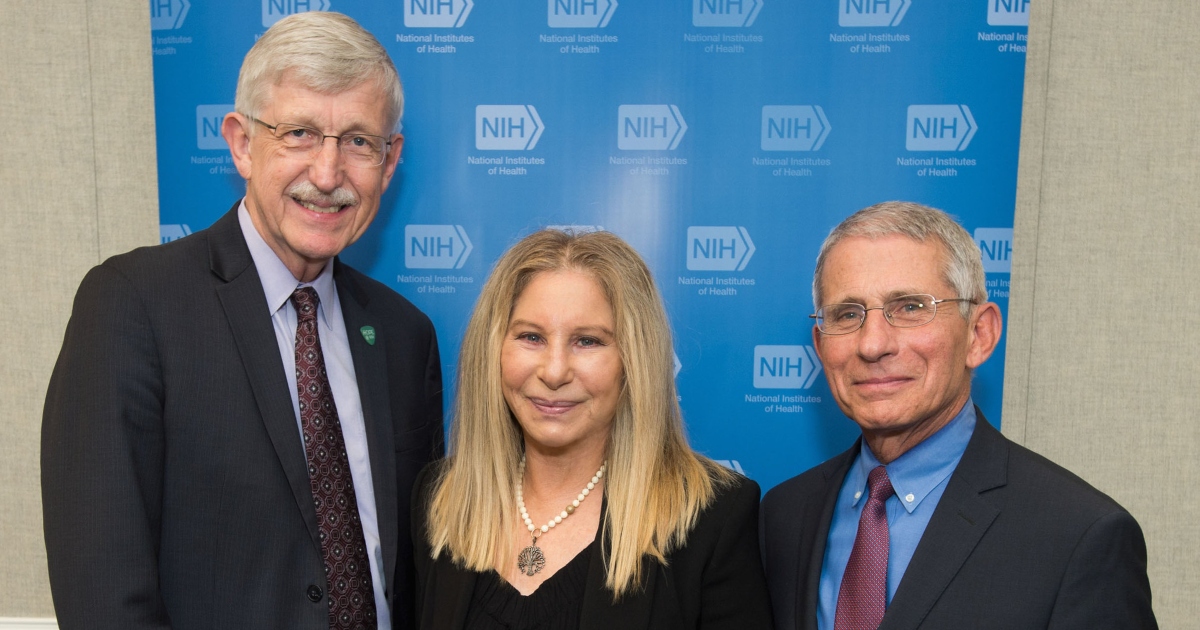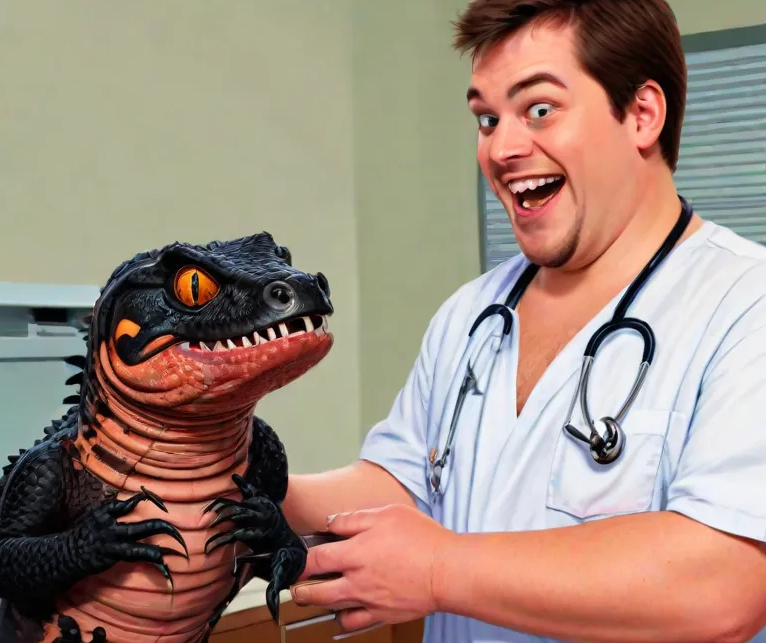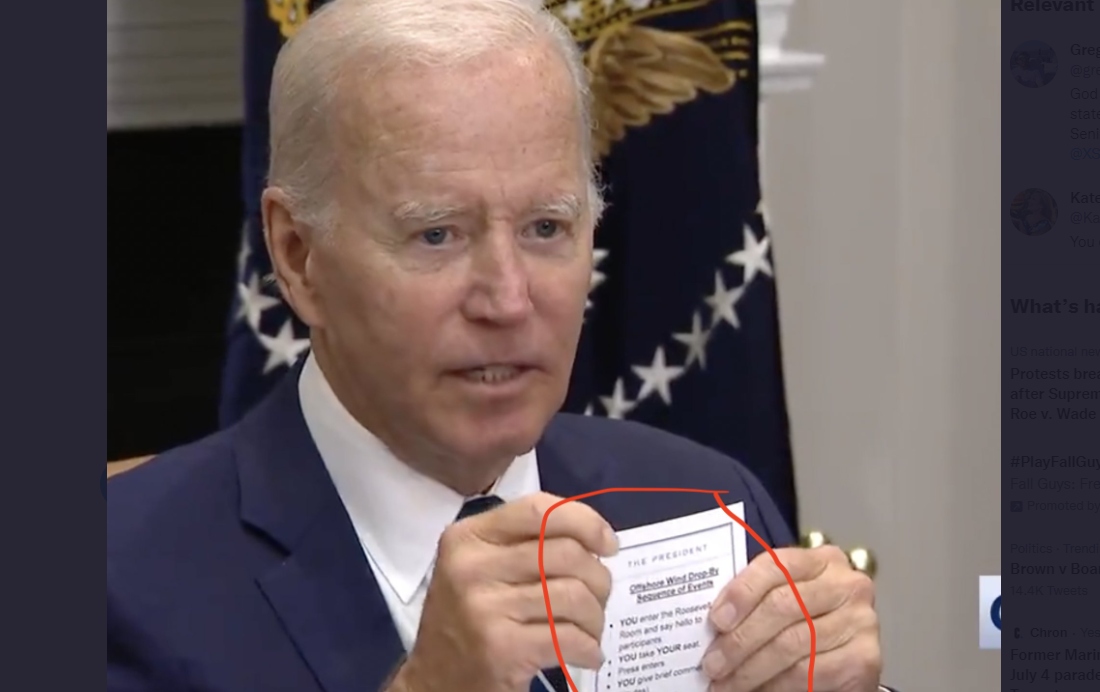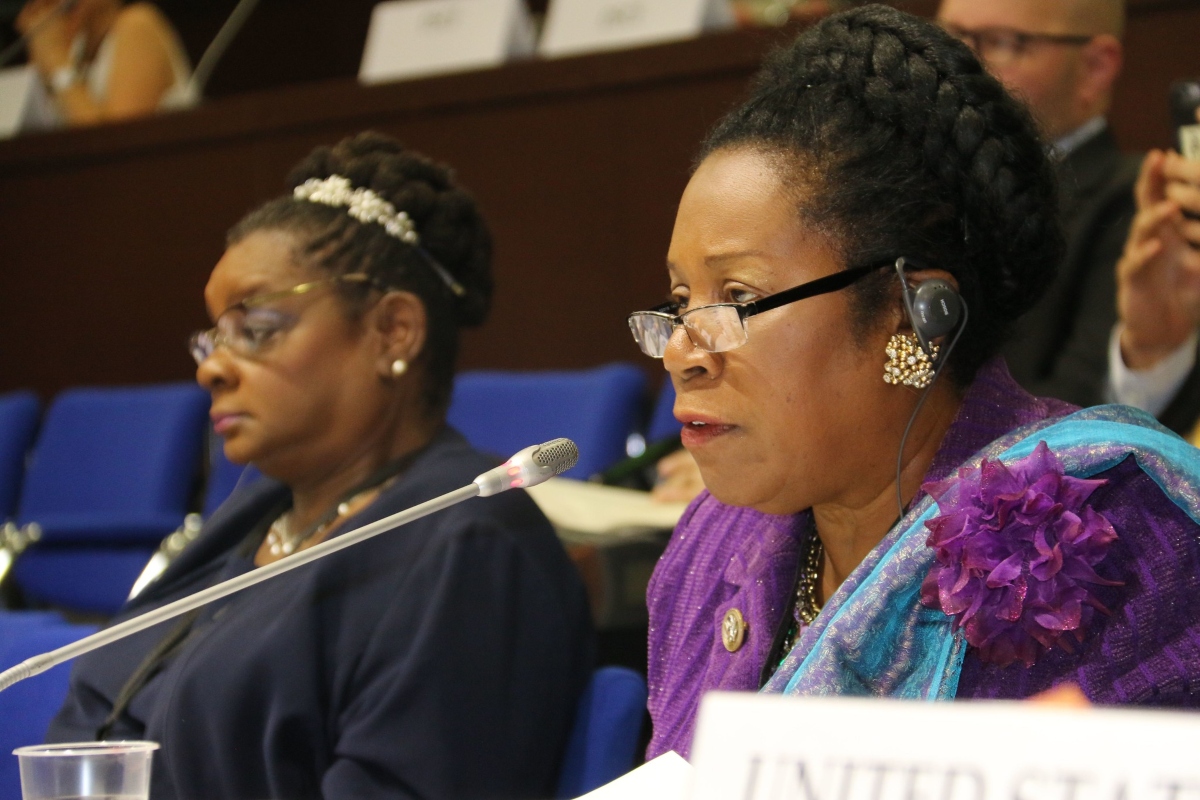
In her first appearance before Congress, the new director of the Centers for Disease Control and Prevention (CDC), Dr. Mandy Cohen, defended COVID-19 vaccine mandates and other policies put in place during the pandemic before she took over the agency.
Dr. Cohen replaces Dr. Rochelle Walensky, who advocated for school closures, masks and COVID-19 vaccines during her time as CDC director. Many had hoped Dr. Cohen would take a more relaxed stance, but this does not appear to be the case based on her testimony on the COVID-19 response before Congress.
Dr. Cohen, who previously served as the health secretary of North Carolina, was asked by Representative Jeff Duncan (R-South Carolina) if she regretted any of the numerous controversial policies implemented there during her tenure, such as school closures. She stood behind those decisions, saying that she felt it was handled in an “inclusive" manner and that it was time to look forward.
When asked whether she would support similarly harsh measures in her new role at the federal level, she said that different solutions are needed at different times.
Many of her answers were indirect. When asked if she would close down schools should another pandemic occur, she said: "The good news is that we're in a different place than we were before. We both have different tools and have different mechanisms to respond. I can't really address a hypothetical but I think we've learned a lot about how to approach things."
When asked if closing schools was harmful to students, she replied: "We always knew in-person instruction was incredibly beneficial."
Human knowledge is under attack! Governments and powerful corporations are using censorship to wipe out humanity's knowledge base about nutrition, herbs, self-reliance, natural immunity, food production, preparedness and much more. We are preserving human knowledge using AI technology while building the infrastructure of human freedom. Use our decentralized, blockchain-based, uncensorable free speech platform at Brighteon.io. Explore our free, downloadable generative AI tools at Brighteon.AI. Support our efforts to build the infrastructure of human freedom by shopping at HealthRangerStore.com, featuring lab-tested, certified organic, non-GMO foods and nutritional solutions.
This prompted Representative Gary Palmer, (R-Alabama) to quip: “You’d be great in the sales department.”
Representative Dan Crenshaw (R-Texas) pointed out that Dr. Cohen could help the CDC regain some of the credibility it lost over its handling of the pandemic, telling her: "If the CDC wants its credibility back, you've got to have a mea culpa moment. You're in the perfect position to do it, because you had nothing to do with their decisions at the time. So there's no reason to defend it.”
He added that it is alright for her to admit that closing schools, implementing lockdowns and masking children made no sense – as data now supports – and suggested the public might even reward her for such honesty.
However, she remained steadfast in her refusal to admit that the CDC did anything wrong or that any of the measures she supported in North Carolina have proven to be short-sighted. Although she did make a few references to lessons that were learned during the pandemic, such as the need for greater transparency, she kept steering the discussion to the future when the past came up.
Dr. Cohen says surge in respiratory infections in Chinese children is not a cause for concern
She was also questioned by Congress about the surge in respiratory infections that is currently being seen in children in China. Although this brings back unpleasant memories of the early days of the coronavirus pandemic for many people, Dr. Cohen insists that it is not a cause for concern. She said the CDC is confident these infections can be attributed to known pathogens such as respiratory syncytial virus, the flu, and a bacterium that can infect lungs known as mycoplasma.
She added that the CDC has corroborated Chinese authorities' assessments of the situation through its office in China and that European Union partners share the belief that what is being seen right now is simply a matter of young children being unable to build up their immune defenses to typical respiratory viruses as a result of COVID lockdowns.
Understandably, some committee members are struggling to trust China and take them at their word about the situation given their lack of honesty about COVID-19 and its origins.
Sources for this article include:
Please contact us for more information.



















